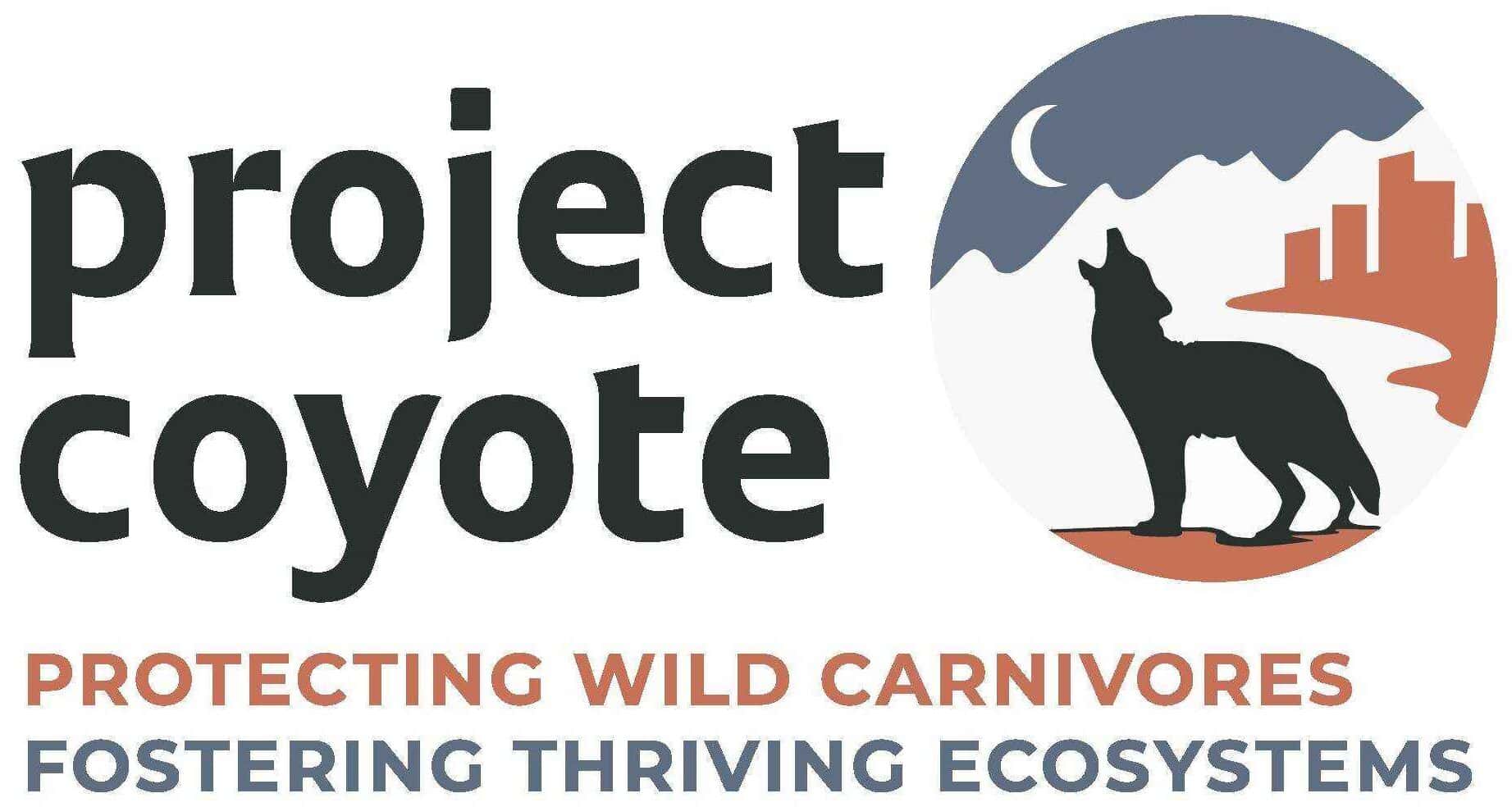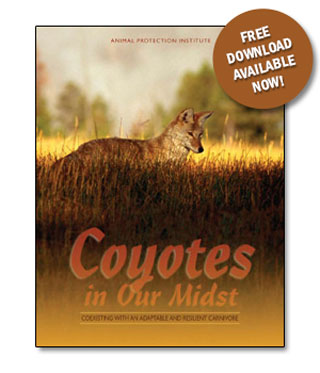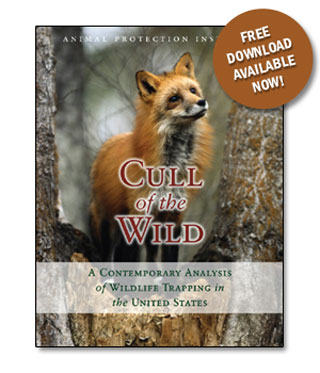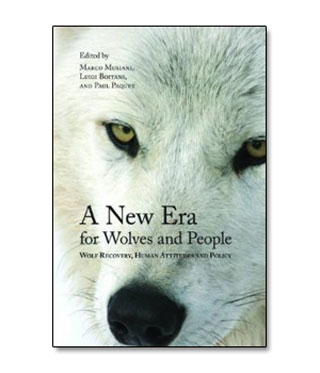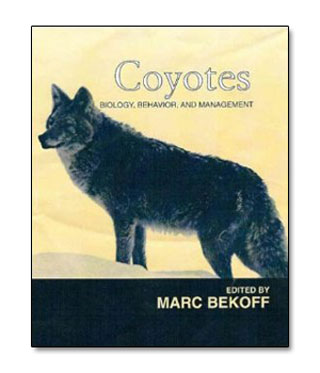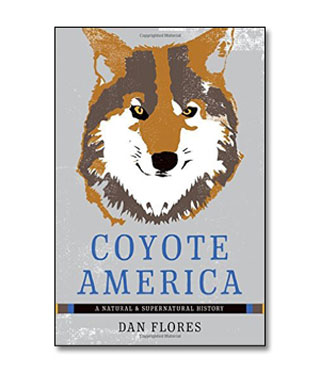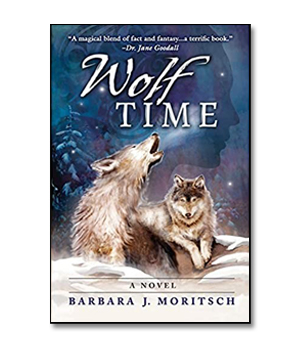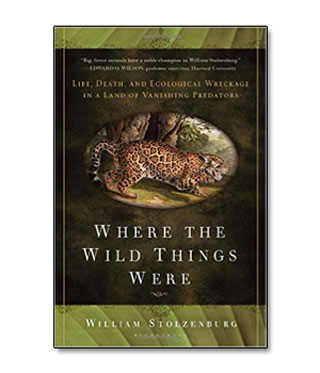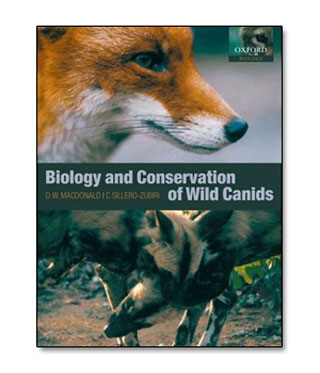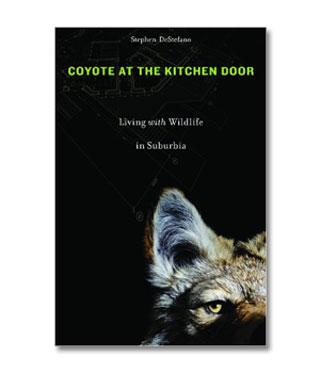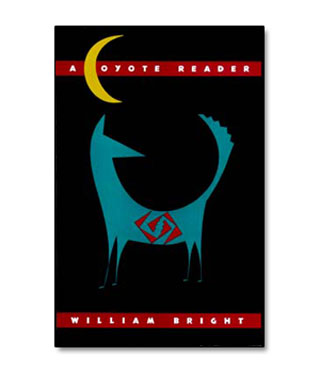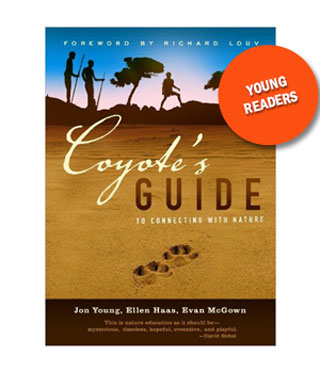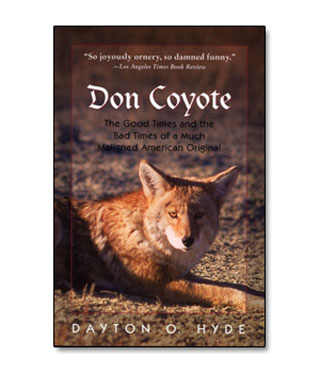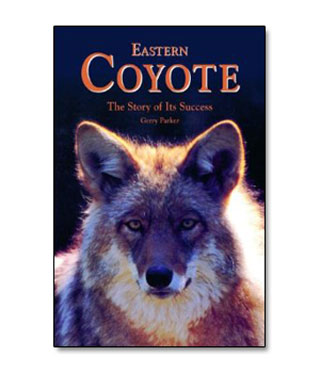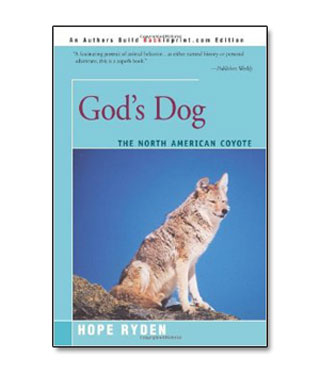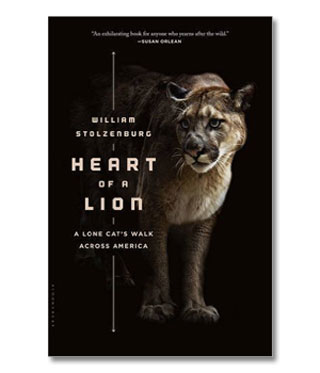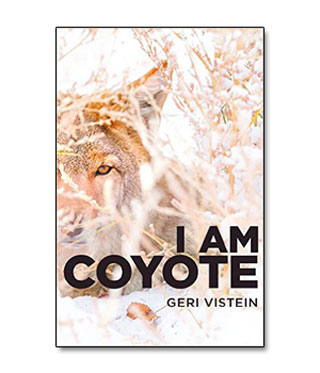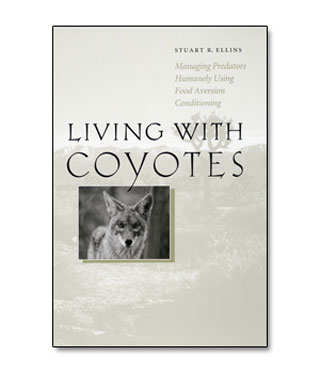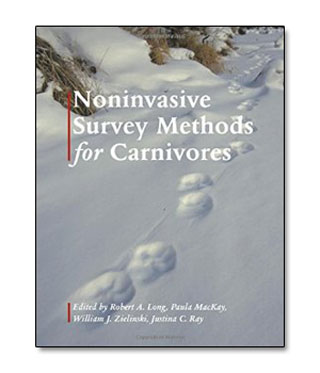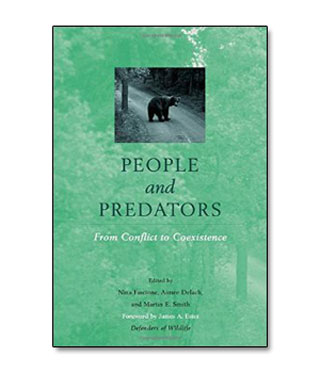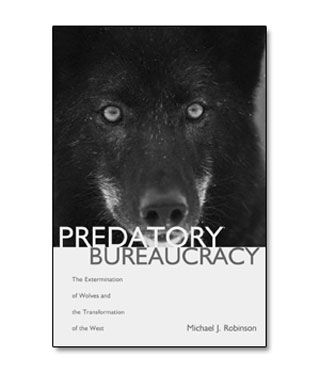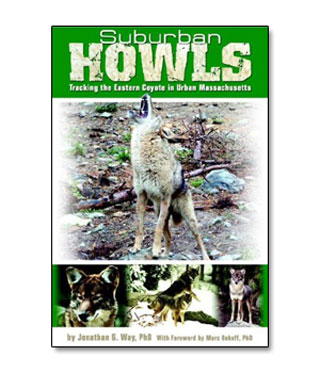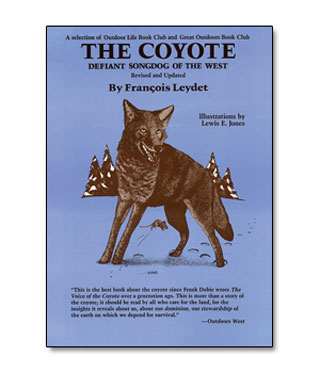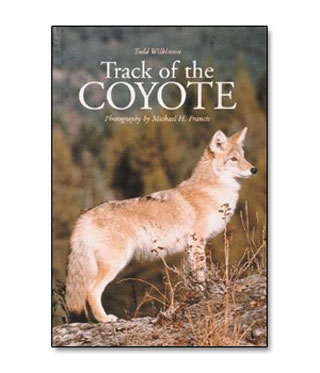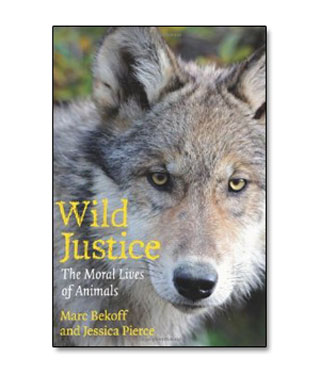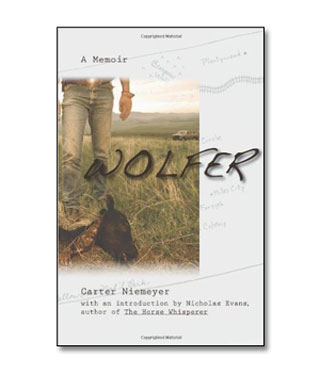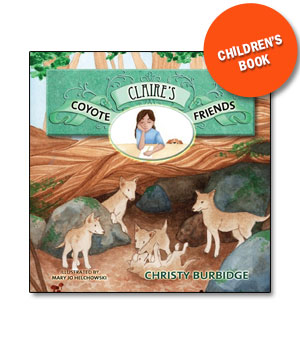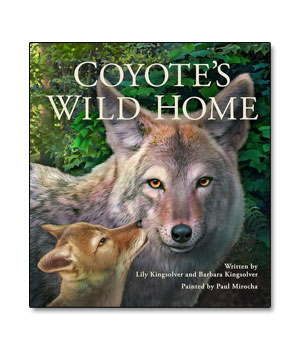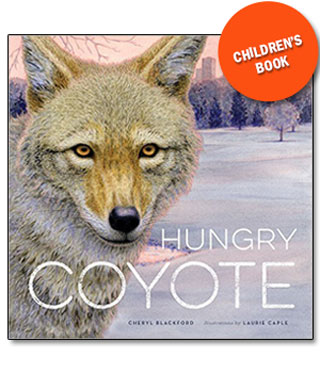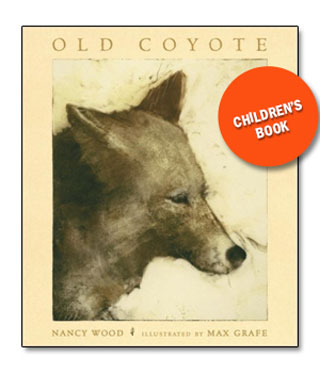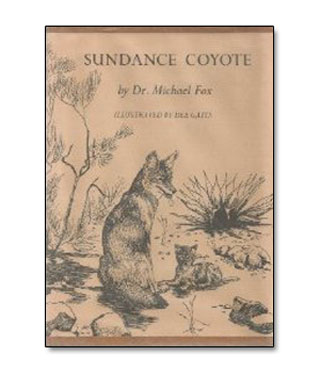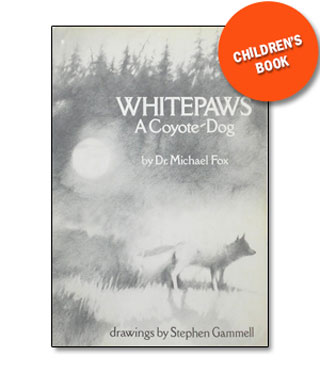BOOKS
CARNIVORE RELATED BOOKS
Looking for more information to read up on carnivores?
Project Coyote has compiled a list of books and other publications, including numerous books by Project Coyote Representatives and Science Advisory Board members. A sampling of children’s books are also included that are great for young conservationists. For a list of recommended coyote related books click here (some listed below).
Wild Carnivore Books
Author: Project Coyote founding Executive Director Camilla H Fox and Christopher Papouchis
Publisher:
Year:
Editor: Camilla H. Fox and Christopher M. Papouchis
Publisher:
Year:
Editor: Marco Musiani, Luigi Boitani and Paul Paquet
Publisher:
Year:
Author: William Stolzenburg
Publisher:
Year:
Author: Michael W. Fox
Publisher: Krieger Publishing Co., Melbourne, Florida
Year: 1984 (reprint edition)
Editors: D.W. MacDonald and C. Sillero-Zubiri
Publisher: Oxford University Press
Year: 2004
Author: Michael W. Fox
Publisher: State University of New York Press, Albany, New York
Year: 2001
Editors: John L. Gittleman, Stephen M. Funk, David MacDonald and Robert K. Wayne
Publisher: Cambridge University Press
Year: 2001
Author: Michael W. Fox
Publisher: Krieger Publishing Co., Melbourne, Florida
Year: 1998 (second edition)
Author: Stephen DeStefano
Publisher: Harvard University Press, Boston
Year: 2011
Author: Gerry R. Parker
Publisher: Nimbus Publishing, Halifax, Nova Scotia
Year: 1995
Author: Barry Lopez
Publisher: Avon Books, New York
Year: 1981
Author: Hope Ryden (foreword by Dr. Michael W. Fox)
Publisher: Coward, McCann & Geoghegan, New York
Year: 1975
Author: William Stolzenburg
Publisher: Bloomsbury, USA
Year: 2016
Editor: Marc Bekoff
Publisher: University Of Chicago Press, Chicago
Year: 2013
Editors: Robert A. Long, Paula MacKay, Justina Ray, William Zielinski
Publisher: Island Press, Washington, D.C.
Year: 2008
Editors: Nina Fascione, Aimee Delach and Martin E. Smith
Publisher: Island Press, Washington, D.C.
Year: 2004
Author: Jonathan G. Way (Foreword by Marc Bekoff)
Publisher: Dog Ear Publishing, Indianapolis, Indiana
Year: 2007
Author: Francois Leydet
Publisher: University of Oklahoma Press
Year: 1977
Author: Robin Lamont
Publisher: Grayling Press, USA
Year: 2015
Author: Beth Pratt-Bergstrom
Publisher: Heyday, USA
Year: 2016
Author: Michael W. Fox
Publisher: Van Nostrand Reinhold, New York
Year: 1974 (first edition)
Publisher: Krieger Publishing Co., Melbourne, Florida
Year: 1983 (reprint edition)
Authors: Marc Bekoff and Jessica Pierce
Publisher: The University of Chicago Press
Year: 2009
Authors: John Hadidian, Margaret Baird, Maggie Brasted, Lauren Nolfo-Clements, Dave Pauli, and Laura Simon
Publisher: Humane Society Press, Washington, D.C.
Year: 2007
Children's Books
Author: Gerald McDermott
Publisher: Harcourt, Brace and Company, New York
Year: 1994
Author: Barbara Kingsolver, Lily Kingsolver, Paul Mirocha (illustrator)
Publisher:
Year:
Author: Cheryl Blackford
Publisher: Minnesota Historical Society Press, Minnesota
Year: 2015
Author: Gretchen Will Mayo
Publisher: Walker and Company, New York
Year: 1993
Author: Michael W. Fox
Publisher: Coward, McCann & Geoghegan, New York
Year: 1974
Author: Michael W. Fox
Publisher: Coward, McCann & Geoghegan, New York
Year: 1979
Authors: John Harrison & Kim Nagy
Publisher: Ziggy Owl Press, USA
Year: 2019
